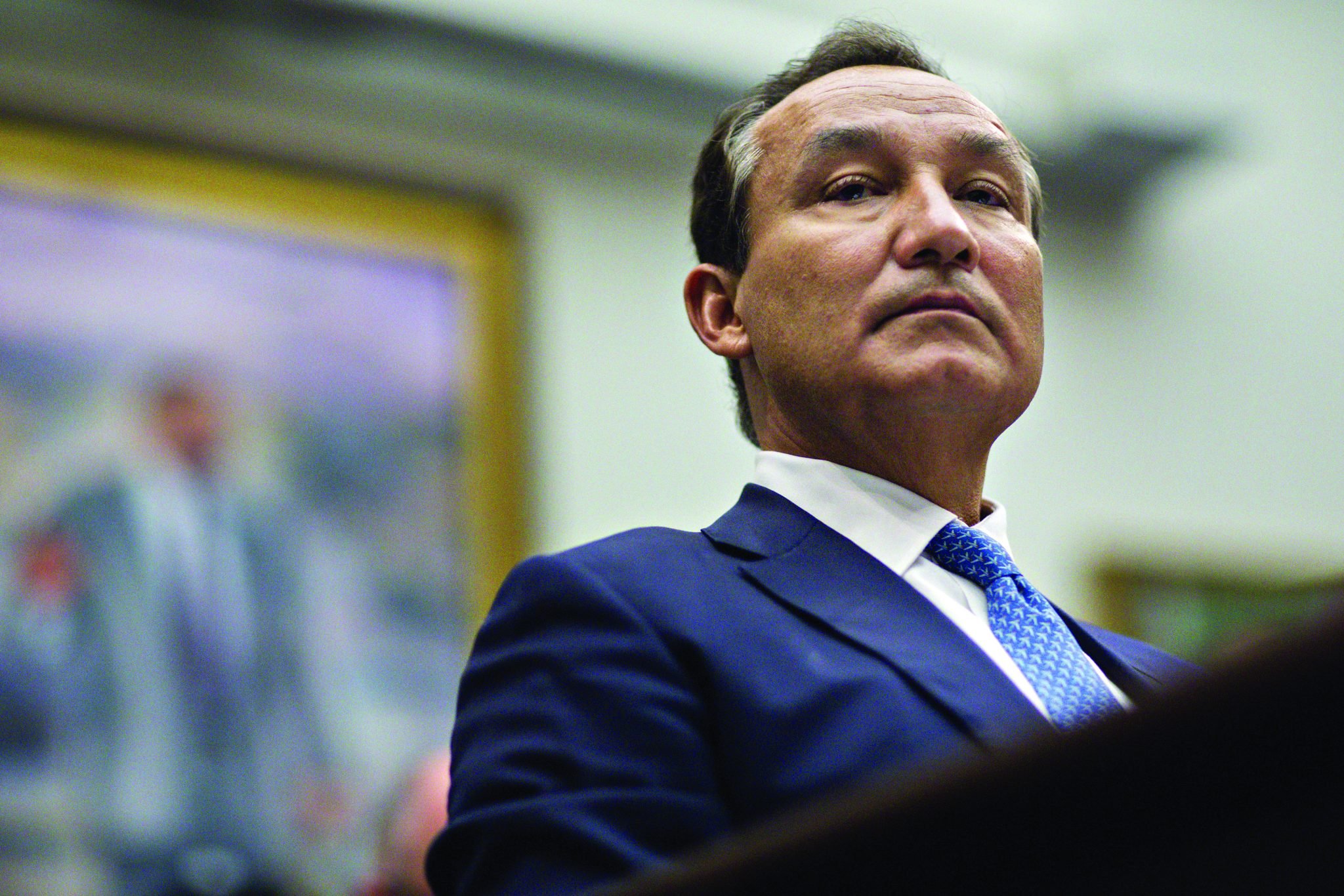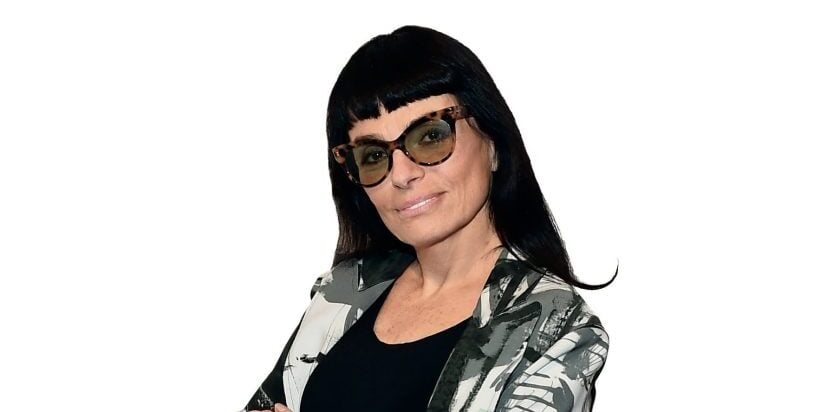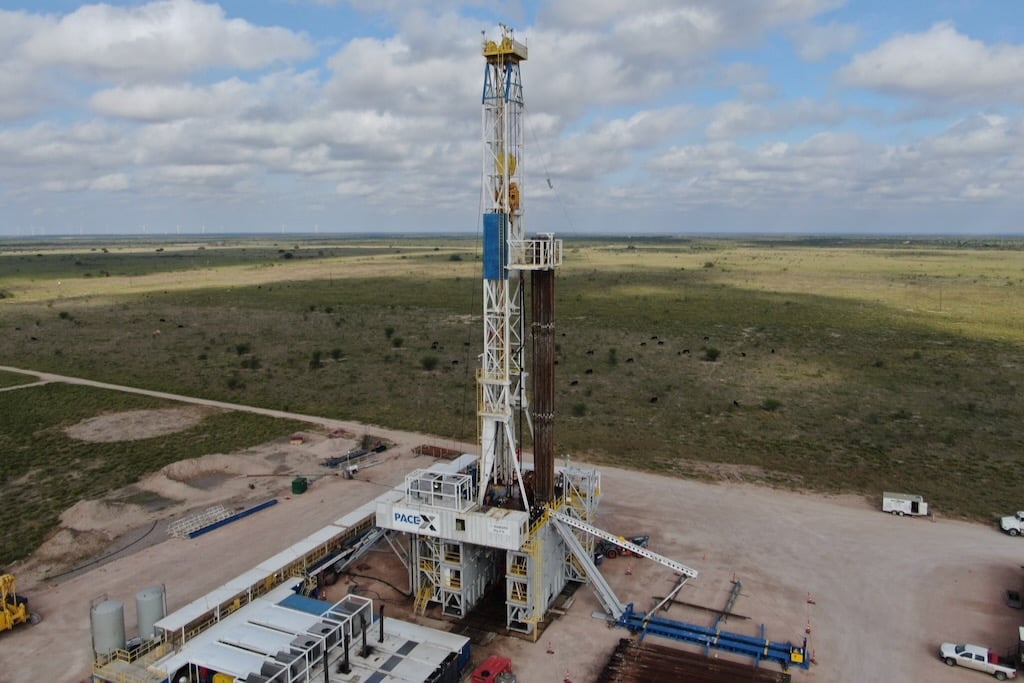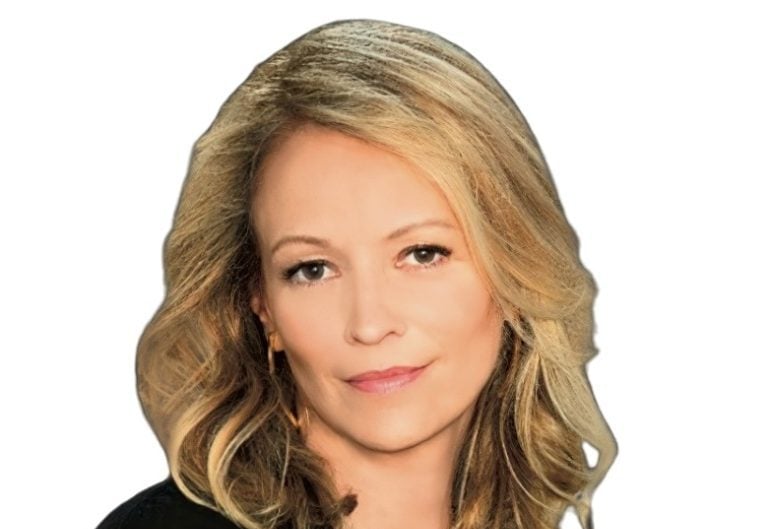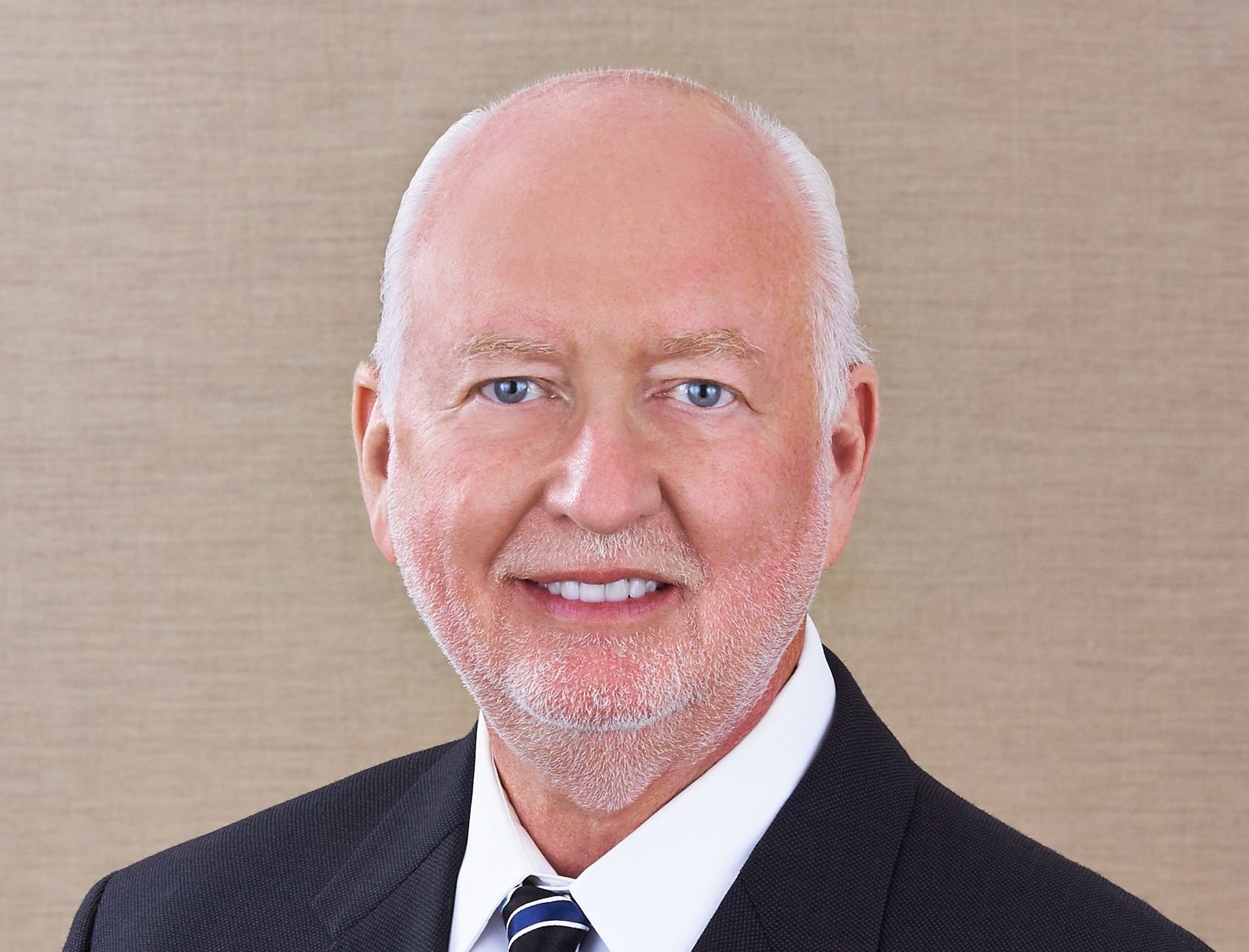In a candid conversation with Jim McCann, founder and CEO of 1800flowers.com and chairman of Worth Media Group, Oscar Munoz, the former CEO of United Airlines, offers an intimate look into the personal and professional experiences that have shaped his approach to leadership. From the formative influence of his grandmother to career-defining moments in major corporations like PepsiCo and CSX, Munoz delves into the power of mentorship, the indispensability of corporate culture, and the importance of self-awareness. This compelling interview provides valuable insights into how understanding culture and valuing human connections can lead to transformative leadership.
Note: This interview has been condensed for length and clarity. The full version can be found on the Power and Impact podcast feed.
Jim McCann: Oscar, you have a book called Turnaround Time: Uniting an Airline and its Employees in the Friendly Skies. And what a time to do it, during COVID and after personal challenges that we’ll get into. Let’s start with the early days and your early influences.

Oscar Munoz: I was born to a single mother. And she subsequently left Mexico a year after to come to Los Angeles, where her older brother lived—he had arranged all her paperwork. She went up there to try to make a living and left me with my grandmother for seven and a half years, where I grew up. My grandmother was such an influence and these latent and dormant values in me that you recognize only later in life. She was incredibly hardworking, but her character and approach to humans was something else. She didn’t have a job or a home. We traveled all over northern Mexico with family and friends. And one of the things I talk about in the book is the concept of the “Familia” within Latino heritage. You quickly realize that you don’t you don’t need homes, you don’t need anything, because there’s always someone there with their arms open. And we took full advantage of that over the years.
So, we wandered around in different places with different family members for many years. Importantly, everywhere we went, every location we stopped in, and every interaction we had with family or friends, she was always so bright and giving to the point where those were the dormant values that came into me. Only later, when I faced issues and had to make tough decisions, did those values come up. And they very much led my leadership style, like “listen and learn.” But it all came directly from her.
It sounds to me like when you had those difficult decisions to make you’d find yourself grasping at those values that you learned in early life even though you didn’t know you were learning them.
Yeah. That’s the wonderful thing about these latent and dormant things. You don’t know you have them until you need them—until you’re tested.
You worked at PepsiCo, you worked at Coca-Cola, you worked at CSX. What do you think you learned most from those experiences?
Over my years of experience, I’ve learned that it comes down to the people you surround yourself with. If you let them in, it is the people around you who will help you course correct.
I had one boss who said all the right things. And then he closed the book one day and said, “Oscar can I offer some advice to you? As a friend rather than as someone you work with?” And I thought he would ask me to date his daughter or something. But he said something I remember to this very day. He said, “You know, you’re good, you’re really good. And if I could give you any advice, it would be to realize that you’re not yet as good as you think you are.” And I remember sitting and thinking, “Wait, that didn’t sound like an accolade.” And it was kind of, in today’s more contemporary language, a “slow your roll” moment. The most important lesson is when you let people in, they will not let you drive off a cliff.

And so, to answer your question, the most important lesson that developed my leadership style all came from people along the way who cared enough to stop me in my tracks and give me some good input that redirected my efforts.
You quote Peter Drucker often about how culture eats strategy every day. And here you’d worked in two companies in the same industry that could not have had more cultural differences. But your need to understand how those cultures differed and then learn how to adapt to be effective within them, I think, is an important lesson.
When people ask me about this, I say, “Listen and learn before you lead.” If you take the time to listen to the right people and learn from that, it makes whatever decisions you have to make going forward more palatable—more acceptable—because they feel they’ve been part of it. And importantly, it becomes durable. And that’s where success happens.
You came from one crazy part of the transportation industry, the railroad industry, where you’d had a terrific career. But then you decided to jump into the aviation industry. Tell us about how you decided to jump in with both feet into this crazy, crazy, broken company [United].
Yeah, and it’s even crazier than that decision, given where I was then. So, I was on the airline board, just for a couple of years. But I had a very full job at CSX, the railroad company. I was president, and I had been anointed to be the chairman and CEO, about to be announced.
I was part of a wonderful team at CSX where we took that sleepy little company from a $7 billion market cap to probably a $70 billion market cap today. And what I quickly learned as I was about to be promoted, is “What’s next for me to do?” I don’t do maintenance well. I build bridges. I solve things. And when the opportunity at United slowly came up, I began to use my own words against me.
Knowing yourself and what you do well is crucial for when an opportunity arises. And the decision to make the change at the time that I did was based on this concept that I’ve dubbed “knowledge of contribution.” Essentially it means knowing yourself, really knowing yourself, not just the version you want to project to others. Know what you do best and the areas that may not be your best traits.
Well Oscar, I really enjoyed getting to know you.
Well, thank you, Jim. Thanks for having me.

